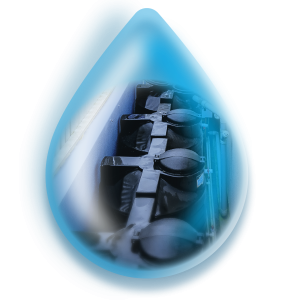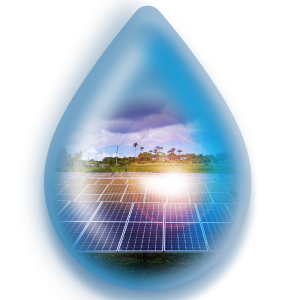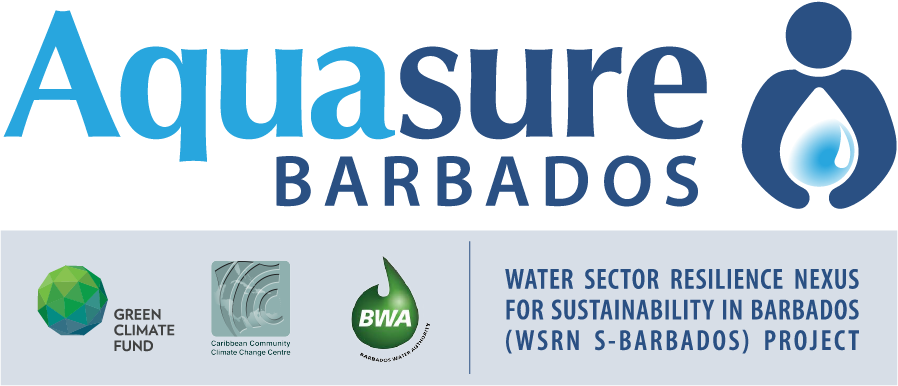Currently, the BWA uses a means test to determine if a household qualifies for grant funding under its Personal Tank Programme, which is designed to address water shortages. If households do not qualify for this support, they are directed to the City of Bridgetown Cooperative Credit Union for a loan. A similar approach will be used to assess households that will seek financing from the RAFF. The rate of interest will also be determined on the household’s income. Households registered with the social welfare system, such as differently-abled households, will get grant funding and households with income between $12,000 to S20,000 will get no-interest loans. Households with income $20,000 and above will be asked to take a loan, and the interest rate will be determined based on various factors. Detailed guidelines will be developed to determine how public and private sector entities could access the fund for climate change adaptation and mitigation. This will be guided primarily by the Climate Change Adaptation Water Master Plan.

A BWA and Government of Barbados initiative – which started in October 2016 during a drought to provide water to the most vulnerable, including persons with disabilities, pensioners, and welfare recipients – the Personal Tank Programme will be expanded under Aquasure Barbados.
It will see the installation of potable water storage tank systems at the most vulnerable homes based on a needs assessment. Potable water tanks will also be installed at the country’s only public hospital, Queen Elizabeth, the nation’s nine polyclinics and 16 primary schools, many of which double as hurricane shelters.
During the 2016 drought, the 8WA established a Rapid Response Unit (RRU) and an Executive Water Taskforce (EWT) to help execute the programme. Currently, the RRU is in the process of installing for free 1.5 m3 (300 gallons) HOPE (High-Density Polyethylene) water storage tanks and pumps at 50 homes of vulnerable people in the five parishes hardest hit by drought: St. Peter, St. Andrew, St. John, St. Thomas and St. Joseph.
Given climate change-linked drought conditions for Barbados, it is likely that water shortages will continue to plague our island. Under the P TP, a geo-coded survey will ascertain and record information such as existing service location, tank location, access restrictions, type and size of installation (e.g. pre-cast or on-site), and special conditions. It will also provide the opportunity to inform the customer of their responsibilities before installation. Depending on the tank size and requirements, 1,500 systems will be installed along with a solar-powered water pump.

In addition to HOPE tank systems, redesigned solar water heaters that can dispense water during supply disruptions will also be installed in each parish. Currently, Barbados ranks second in the world with per capita solar water heater installations. But current plumbing prevents the use of water stored in tanks when supply is zero. The PTP will activate the Ministry of Energy’s proposal to retrofit residential solar water heaters (two per parish for a small and large house) and engage the business community in adding this level of resilience to their products.
In Barbados, there are critical public institutions that offer essential services, such as the hospital. polyclinics and primary schools. To increase the climate change resilience of these institutions, a series of larger storage tanks will be installed at the QEH, nine polyclinics and at least one primary school in each parish.
The tank volumes of these storage facilities at the QEH will be approximately 223m3 (49,053 gallons), and approximately 7.5 m3 (1,650 gallons) for each polyclinic and 12 m3 (2,600 gallons) for each primary school. In events where water unavailability limits water supplies, five water tankers of varying capacities ( 1.5 – 19m3/330 – 4100 gallons) will be used to boost the water supply to these critical institutions.
